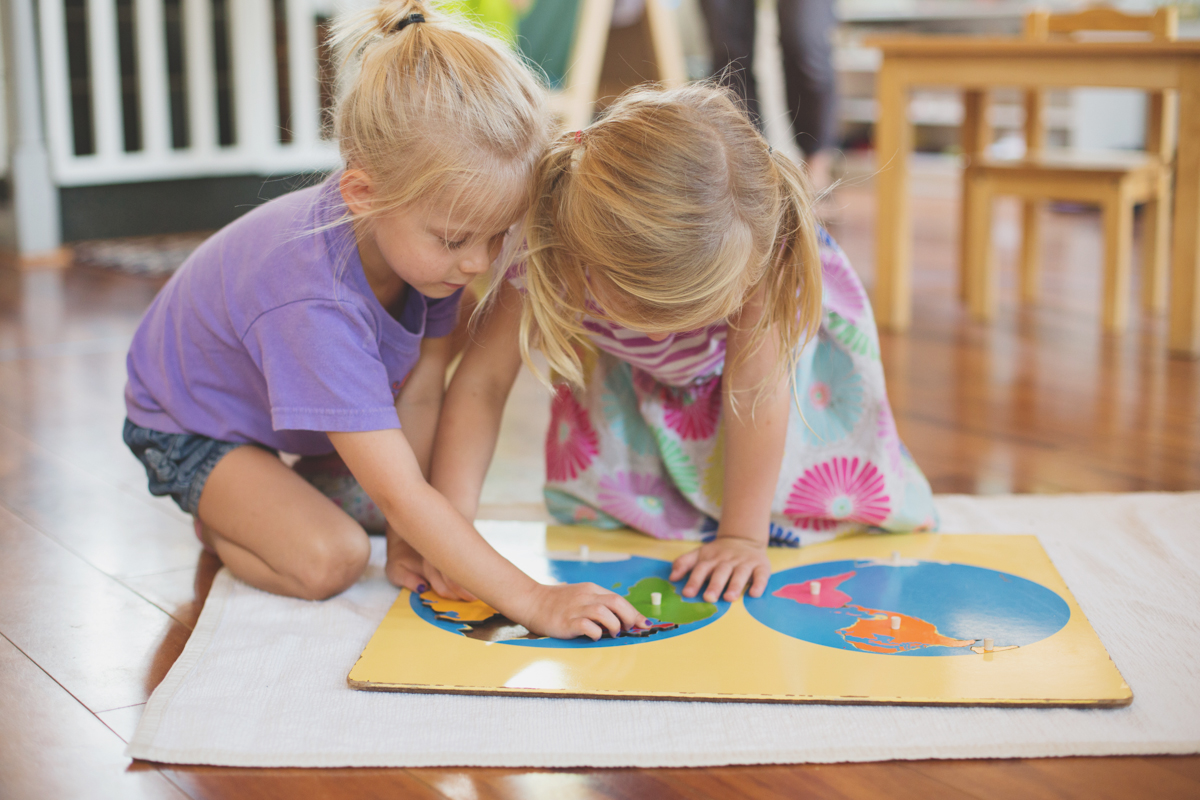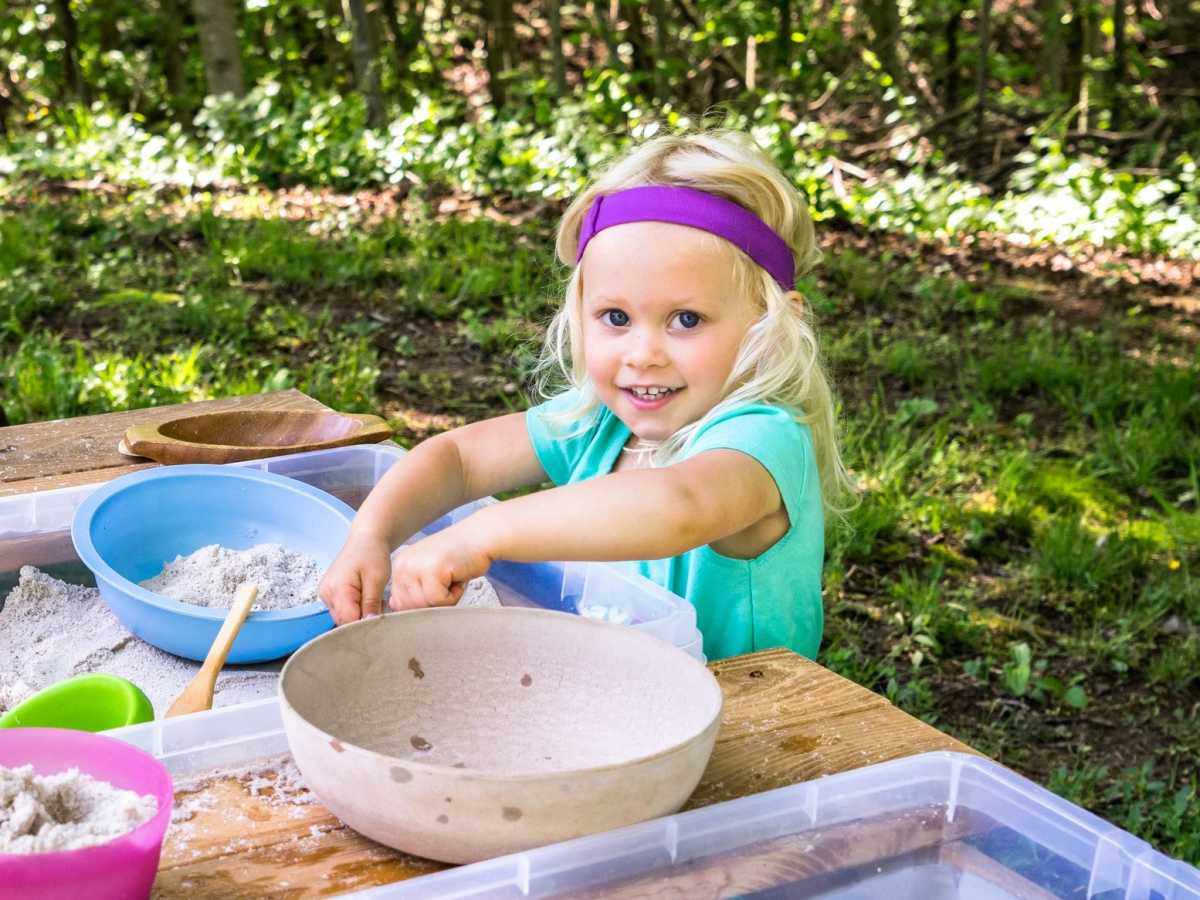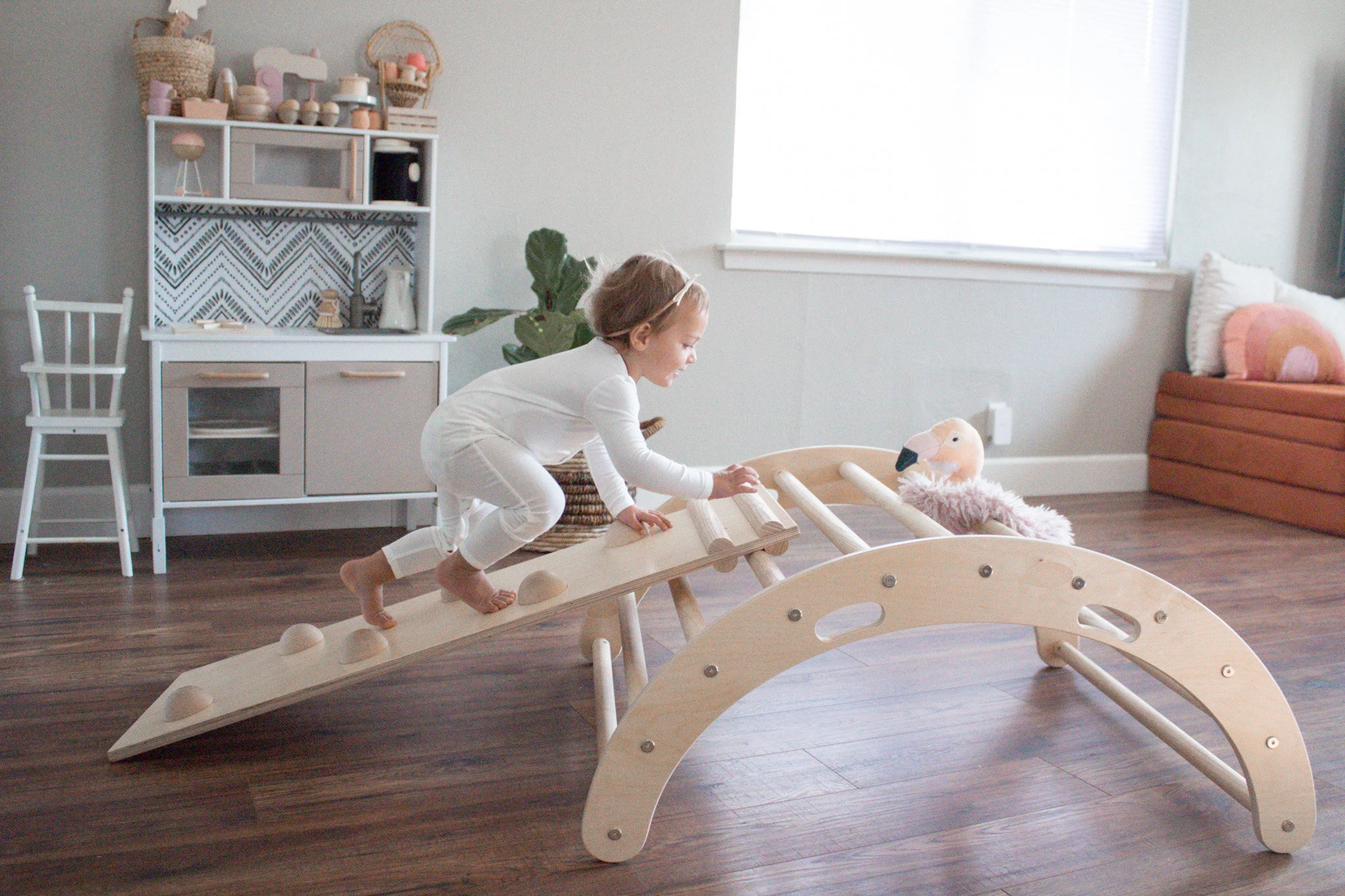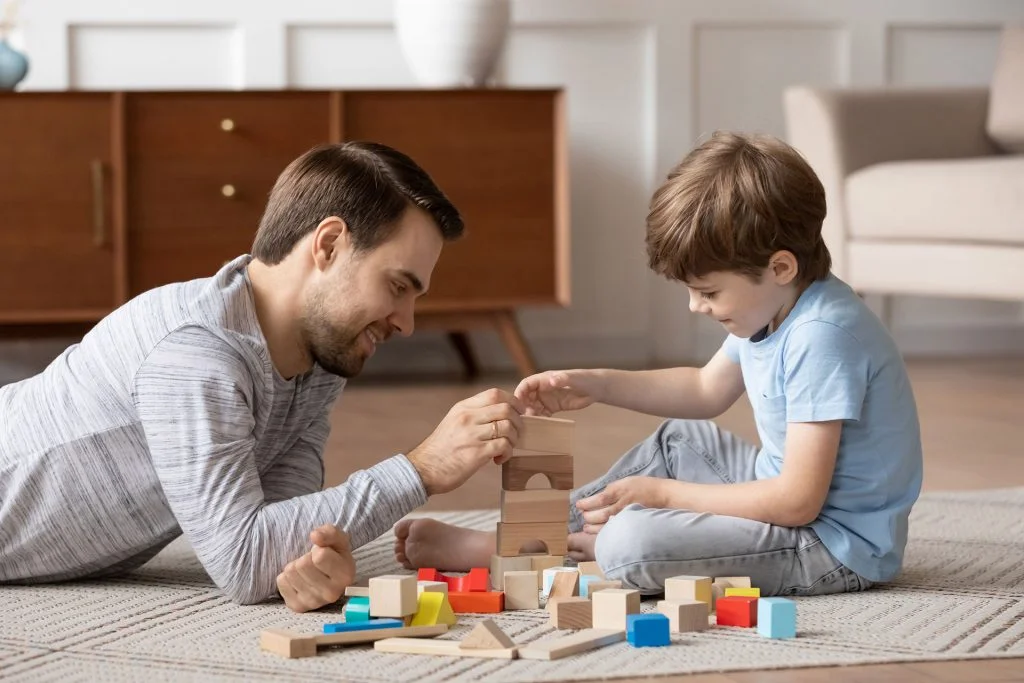
Join the Learning Tower Revolution: Get Your Kids Involved in Cooking Today!
Are you tired of constantly worrying about your child’s safety in the kitchen? Do you want to involve your kids in cooking activities, but find it difficult to do so safely? Then it’s time to join the learning tower revolution!








